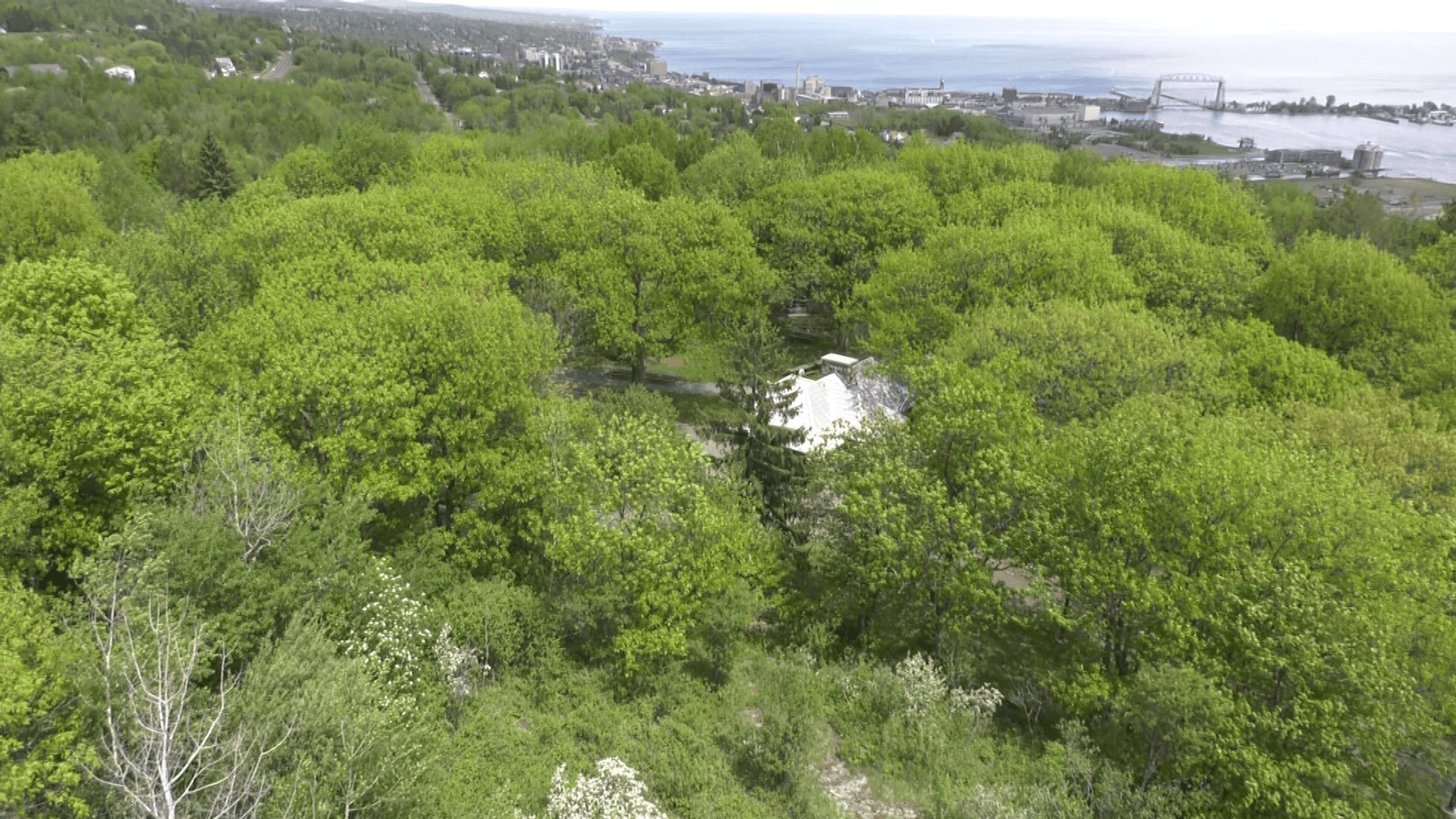A plan is in the works to help pay for and maintain outdoor spaces and facilities in Duluth
[anvplayer video=”5159188″ station=”998130″]
Like many places in the Northland, Duluth relies on tourism and the revenue that comes along with it, and making sure that they are up to date and in good condition is key.
City council member Roz Randorf shares how renewing an extension of the sales tax system can help to provide funds to maintain and provide upgrades to some of the amenities.
“The half and half tax and the reason why they call it half and half. It’s a half percent sales tax on food and beverage, it’s a half percent sales tax on hotel motels. So you can imagine when you’re doing restaurant food and beverage and when you’re doing hotel motel, primarily, that’s outsiders coming in. That’s visitors coming to Duluth. And it’s in the form of a sales tax. So what they’re eating and drinking taxes a half percent, you go to maintain our outdoor spaces, tourist related amenities that we’ve built, and we can maintain them for their enjoyment and for the citizens of Duluth.”
The renewal of the extension could generate up to 36 million dollars to improve public athletic facilities to support sports tourism and quality of life in Duluth. It would be extending a current food and beverage tax.
“The half-and-half tax is a half percent tax on lodging and food and beverage for tourists and locals that come and eat and drink in our bars and restaurants. The half-and-half tax and the benefits of it are that it helps reduce the tax burden, the property tax burden of our citizens by really tapping it and leveraging the money that’s being spent by our tourists to be able to reinvest in our infrastructure,” said Randorf.

Those visiting Duluth would help some outdoor spaces like parks and sports facilities. “A big part of what this half and half tax goes to is making sure our sports facilities are state of the art so that when they come here, we can get more tournaments, we can increase the number of people that come here so we can increase our stays, we can increase the money that they spend here, the things that they purchase, whether it’s food or beverage or equity. We can reinvest that into our community, Randorf explains.
Now with the approval, Randorf shares the next few steps that have to happen before the proposal can go into effect. “The first thing is that it goes to the state legislature. They then approve it, come back, and then we can actually we have some latitude to be able to approve or disapprove some of the nuances of the legislation.”